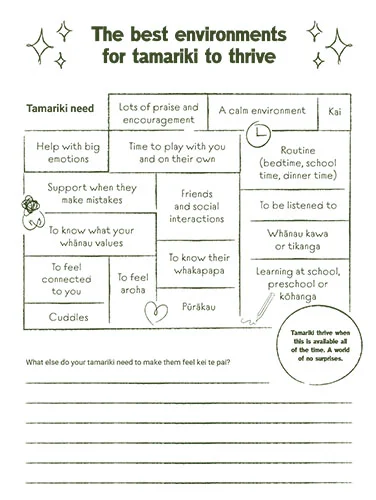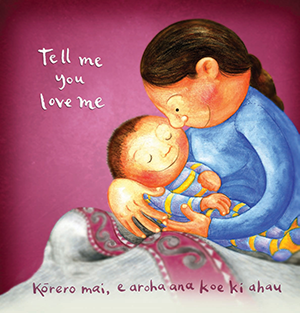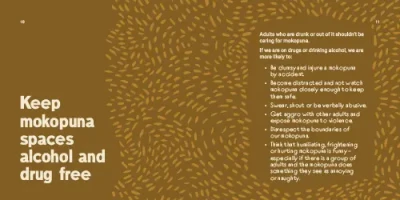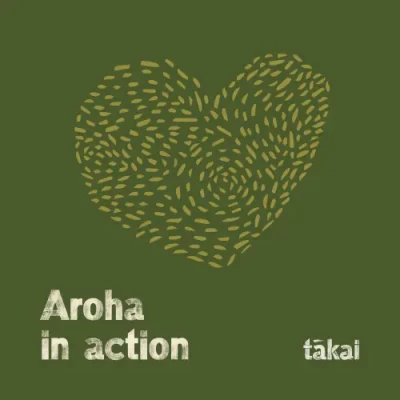
Keeping baby safe from harm
Keeping baby safe includes ensuring their emotional safety and protecting them from any form of harm. Think about how safe ways to manage children’s behaviour and safe babysitters.
Everyone feels bad when a baby is hurt or injured, so encouraging whānau to think about prevention rather than regret is a great place to start when considering their safety.
Life is inherently risky, and there are many aspects to consider around safety. By giving whānau information and building their awareness of possible dangers to baby, they can minimise these risks, and create safer, healthier and happier environments for pēpi, and for the whole whānau.
Effective ways to manage children’s behaviour
The meanings of discipline and punishment often get confused.
- Discipline means to train, teach and learn. Its te reo Māori translation, ‘ ako ’, refers to instruction or direction, development or improvement, and a system of rules.
- Punishment is a penalty for wrongdoing and means rough handling, severe treatment, suffering, mistreatment, pain and loss.
Which one of these options do whānau want for pēpi? Hitting, smacking, yelling, swearing or threatening violence are not healthy ways to teach and guide young human beings. They make children fearful and may traumatise them and hamper their development.
“Children who are consistently handled with kind hands and good humour are far more likely to radiate those gifts back to the world.”
(Miriam McCaleb, Rethinking the nappy | Brainwave Trust Aotearoa(external link))
Most parents don’t set out to harm their kids, but sometimes the stresses of parenting and life take over and they ‘lose the plot’. This is more likely to happen when physical or harsh punishment and verbal abuse have been part of their own upbringing.
Conversation ideas
Safe carers and babysitters
Babies this age can’t tell their parents how they’re feeling with words – they rely on their whānau to keep them safe. Whānau should carefully consider who they’re happy leaving pēpi with, and whether they feel confident that pēpi will be safe when they are not around.
Pēpi needs carers who are up to the task. Is pēpi with someone who’s over 14 years old? This is the legal age in Aotearoa New Zealand to babysit, and the babysitter must be able to provide ‘reasonable supervision and care’.
Read the section in the Tākai booklet Aroha in action called ‘Keep mokopuna spaces alcohol and drug free’ with whānau. This gives 6 reasons why adults who are drunk or ‘out of it’ shouldn’t be caring for babies.














